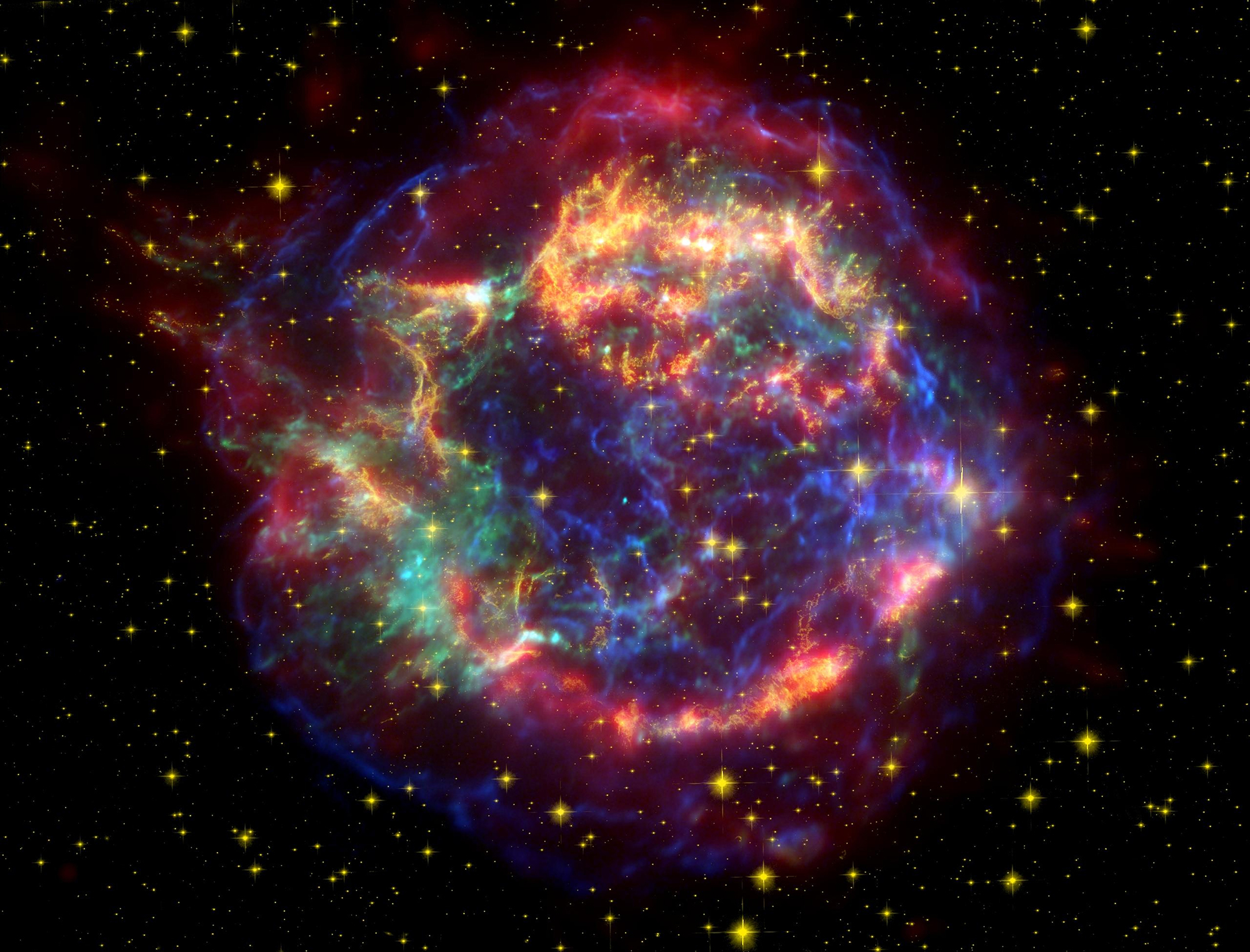Latest News
Answering the question of Supergalactic Plane’s missing spiral galaxies
Our cosmologists have found an answer to why spiral galaxies like our Milky Way are largely missing from part of our Local Universe called the Supergalactic Plane.
Our researchers are among the most cited in the world
Physicists from our Institute for Computational Cosmology have been named on a prestigious list for their world-leading research.
Lumiere lights up our ground-breaking research
This week sees the return of Lumiere, the dazzling light art event hosted in Durham bi-annually.
This year’s event includes three installations drawing on some of our ground-breaking research.
The First Space Summer School for Postgraduate Students held at Durham University
In the last decade, the UK space industry has transformed into one of UK’s fastest growing industrial sectors.
I'm a quasar get me out of here - growing supermassive black holes buried in galaxies
Quasars are extremely bright objects with massive black holes at their centres. Usually, quasars are obscured by donut-shaped rings of dust surrounding them.
Biggest ever supercomputer simulation to investigate the Universe
We’re part of an international team of astronomers who have carried out the biggest ever computer simulations from the Big Bang to the present day to investigate how the Universe evolved.
Dr Jason Anderson wins prestigious Institute of Physics Technician Award for 2023
A member of Durham Physics technical support staff has been announced as the winner of a prestigious ‘Technician Award’ for 2023 by the Institute of Physics.
Durham hosts new £10m supercomputer to investigate the Universe
We’re home to a new £10m supercomputer that will help scientists around the world investigate the mysteries of the Universe.
Durham hosts new £10m supercomputer to investigate the Universe
We’re home to a new £10m supercomputer that will help scientists around the world investigate the mysteries of the Universe.
Dr Phil Gregory awarded prestigious Royal Society University Research Fellowship and the Institute of Physics Bates Prize 2023
Dr Phil Gregory from the Quantum Light and Matter (QLM) research group has recently been awarded a prestigious Royal Society University Research Fellowship, and is now the recipient of the 2023 Institute of Physics Bates prize for outstanding research by an early career researcher.
New simulations shed light on origins of Saturn’s rings and icy Moons
A new series of supercomputer simulations has offered an answer to the mystery of the origins of Saturn’s rings - one that involves a massive collision in the recent history of the 4.5 billion year old Solar System.
Professor Carlos Frenk elected to Royal Society Council
Congratulations to Professor Carlos Frenk who has been elected to the Council of the Royal Society.


/prod01/prodbucket01/media/durham-university/departments-/physics/teaching-labs/VT2A9034-1998X733.jpeg)
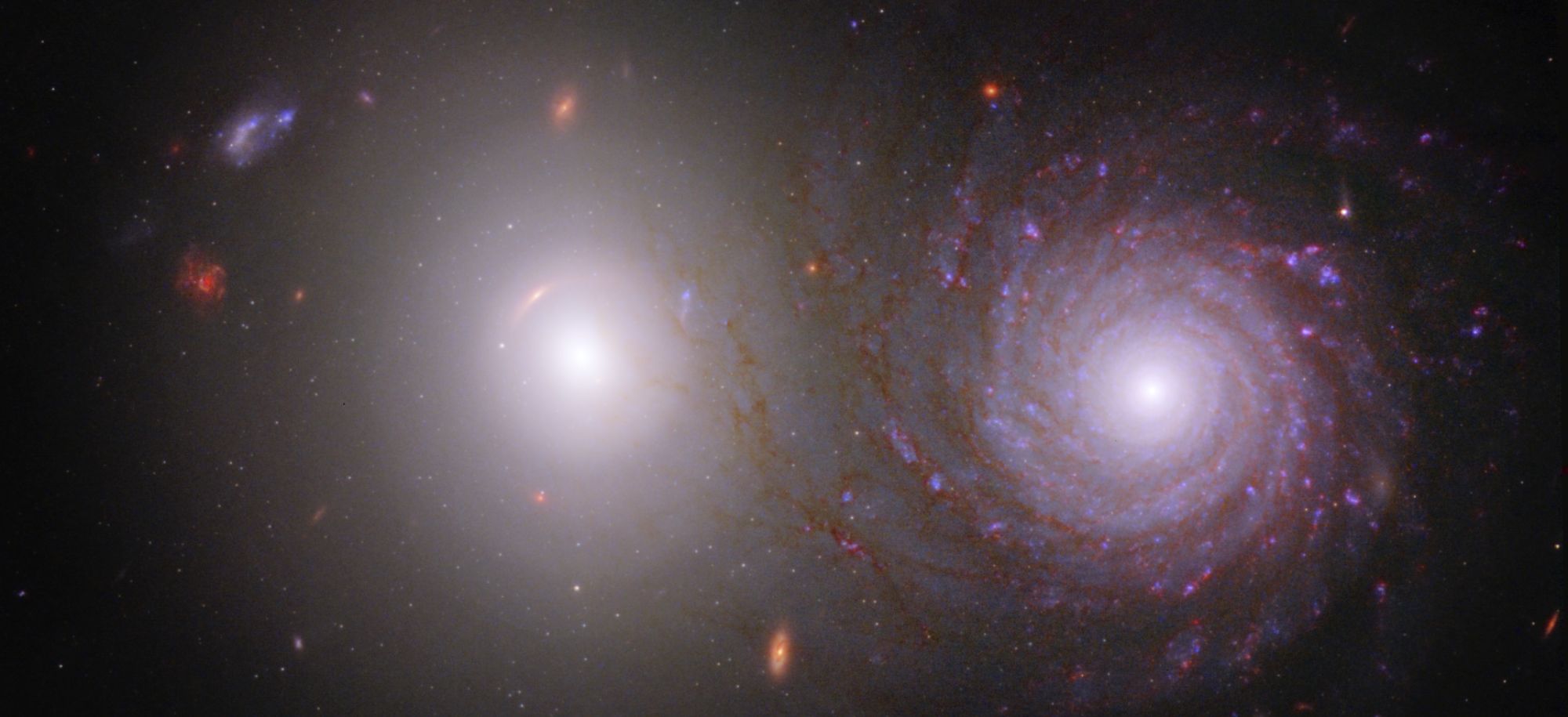

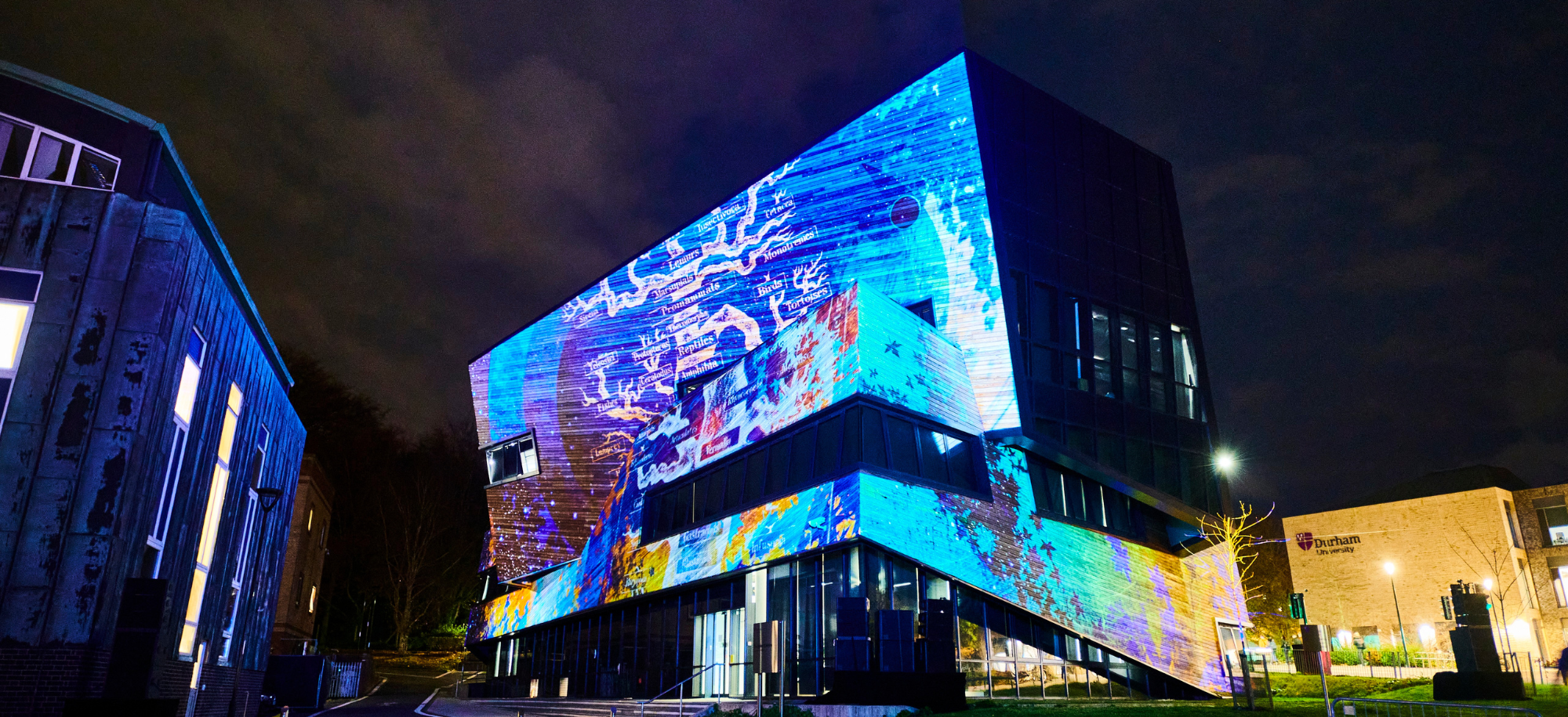

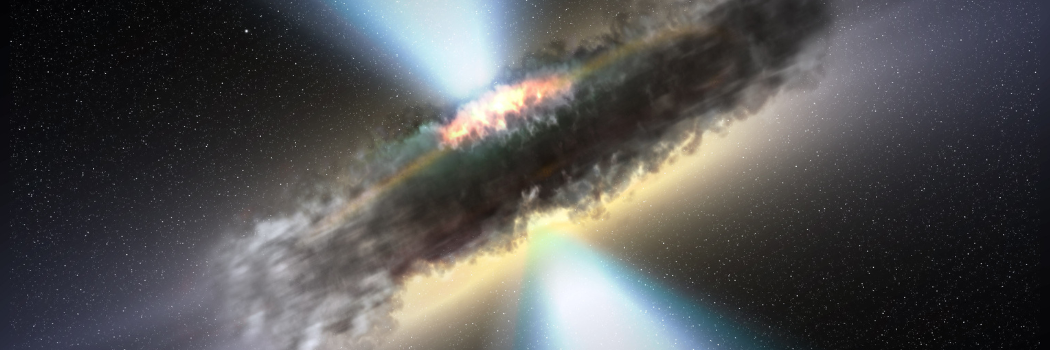
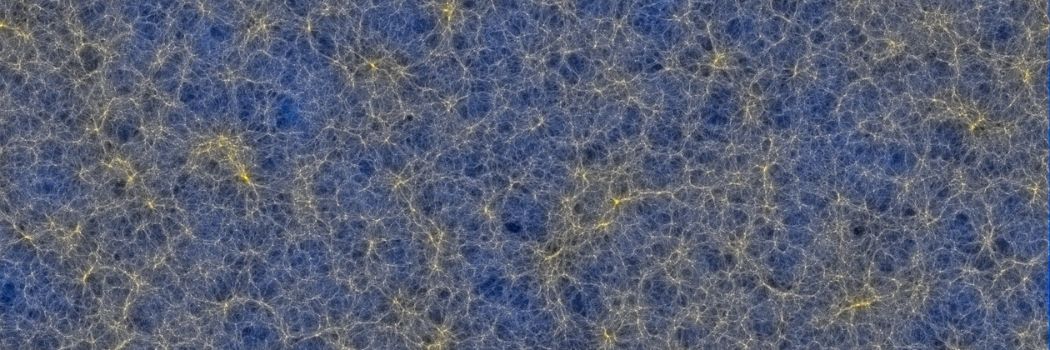

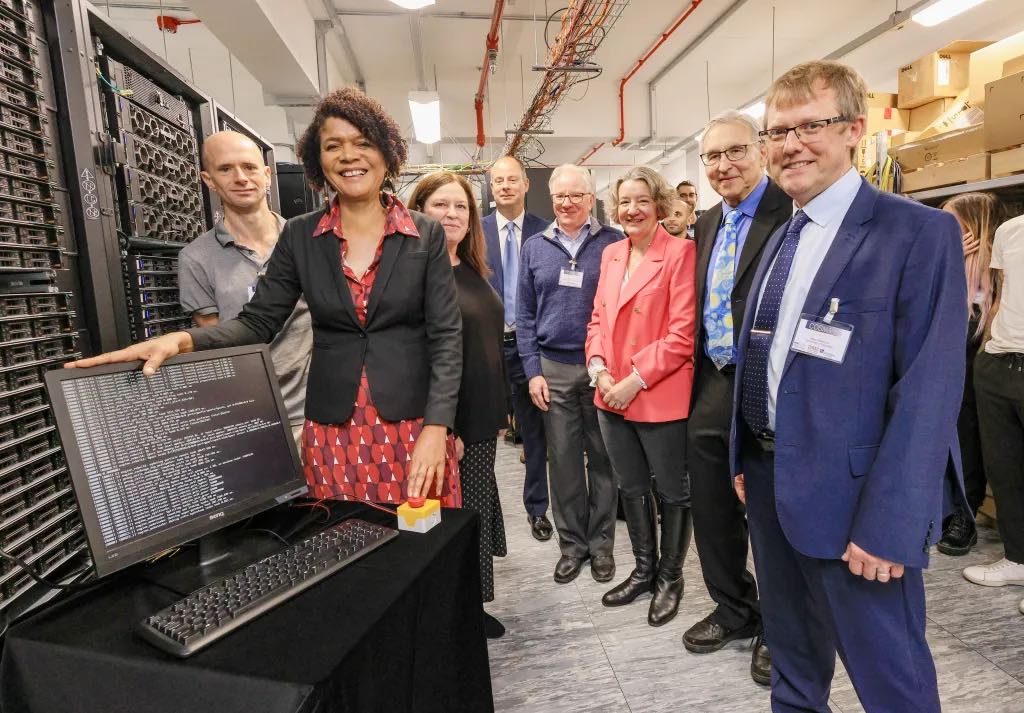
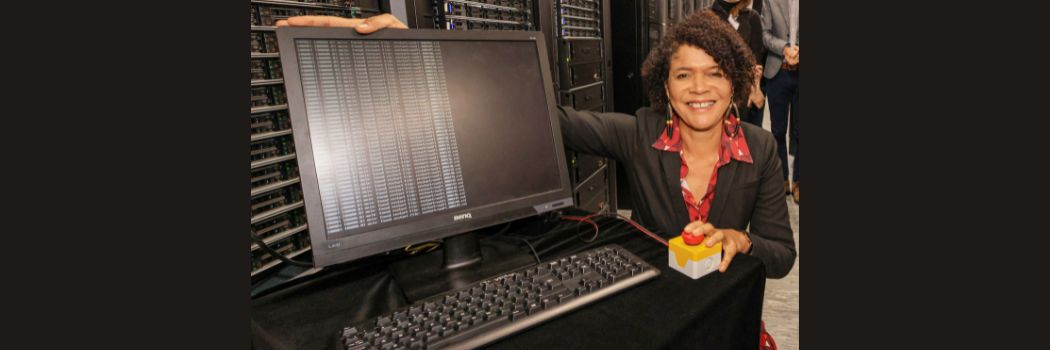
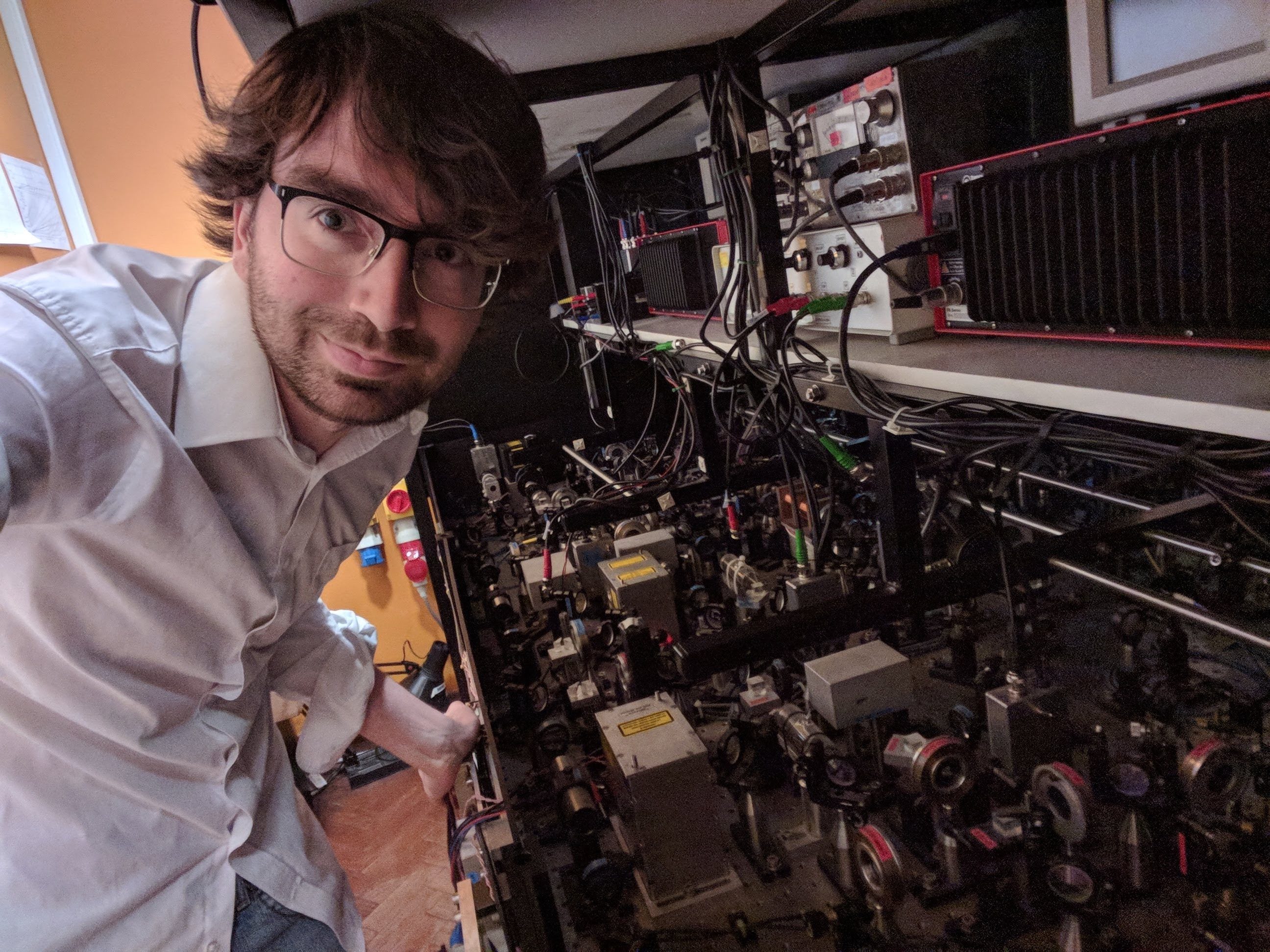
.png)

